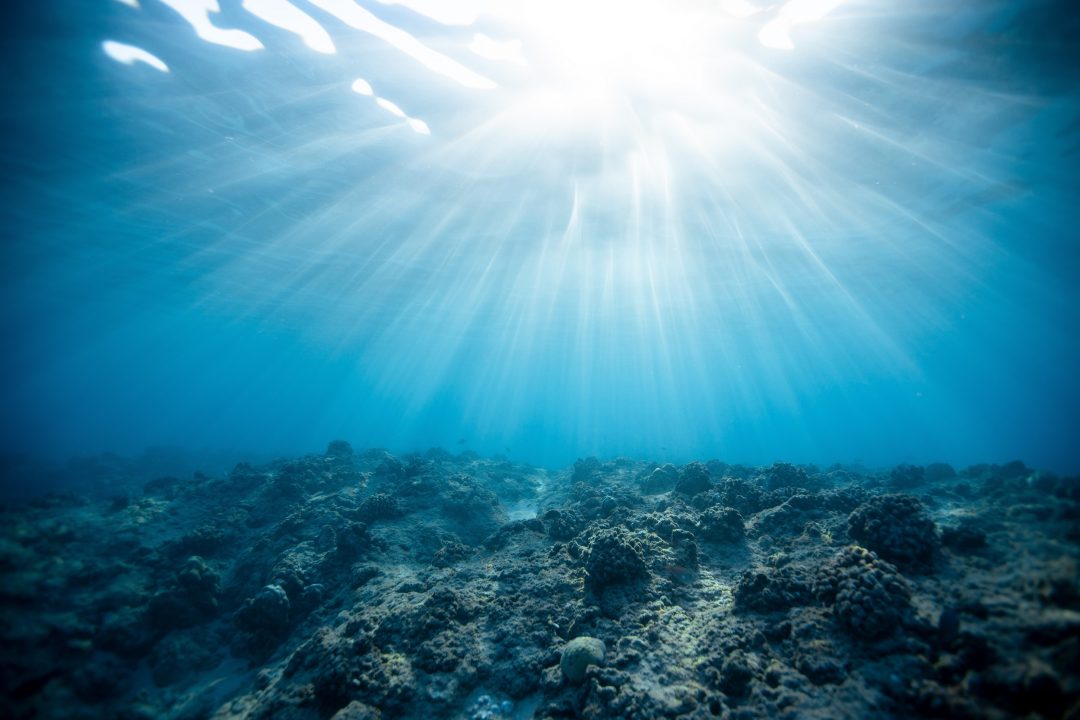As the threat of climate change continues to worsen with each passing day, it’s important now more than ever to take action and spread awareness towards issues of environmental conservation and sustainability. While there are many aspects of the ecosystem that need tending to during this time of environmental crisis, the ocean is a major one to focus on seeing as it makes up nearly three-quarters of the Earth’s surface. Luckily, several organizations have recently been developed entirely around this issue of aquatic conservation to help lessen the detrimental effects of global climate change.
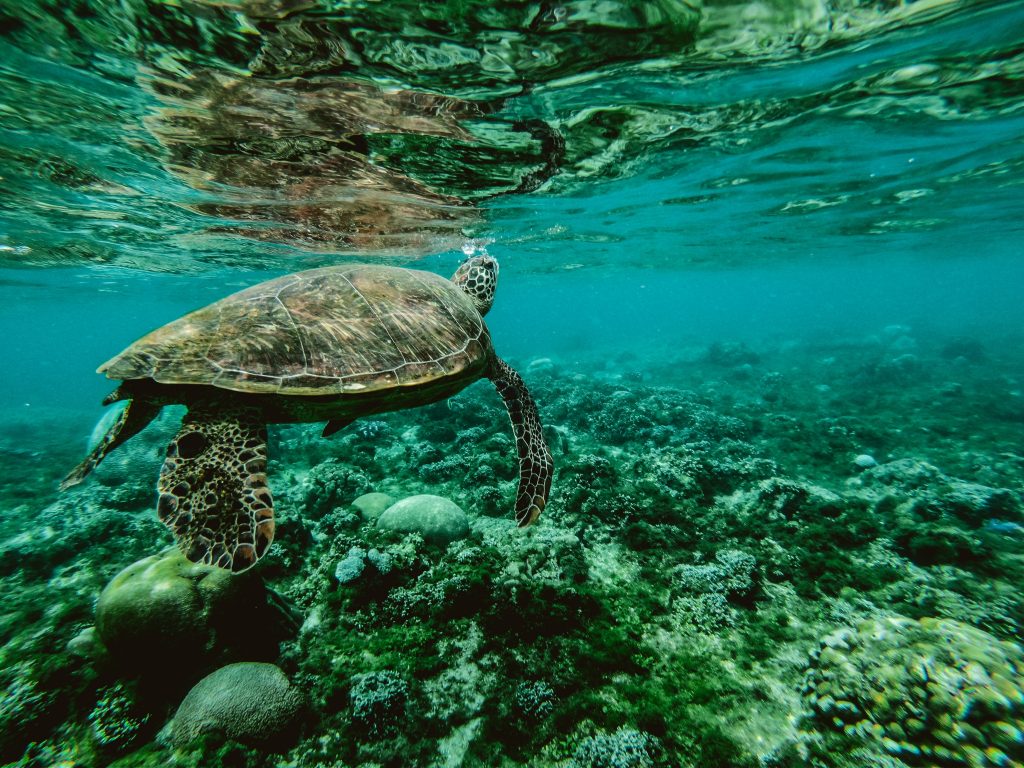
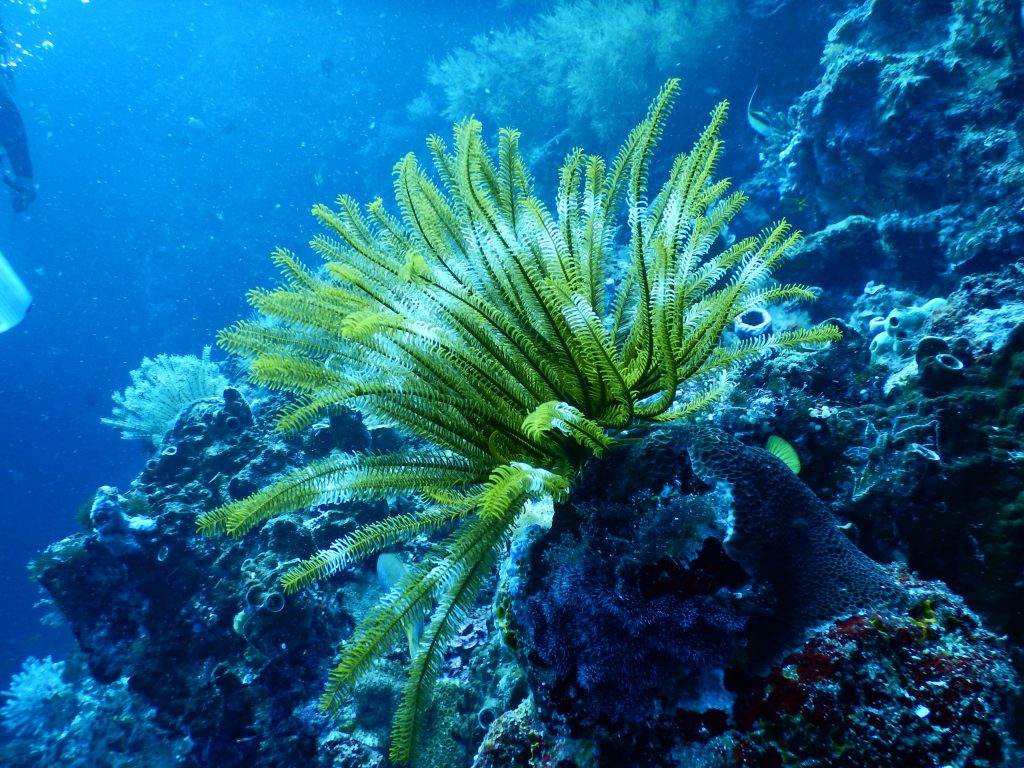
One of these organizations, the Save Our Seas Foundation, stands as a fine example of just how much of an impact can be made with determined, hard-working people banding together in an effort to solve a major issue. Primarily, this philanthropic organization based in Geneva, Switzerland, functions as a means of funding for scientific projects being conducted by passionate researchers, educators, and conservationists all over the world, regardless of location. While of course the Save Our Seas Foundation is concerned with the overall wellbeing of the ocean, they have a specific focus on protecting the lives of oceanic creatures like sharks and rays. However, this specific shark and ray research is managed by the Save Our Seas Foundation at their research and education centers located in the USA, South Africa, and the Seychelles.
In an interview with the Save Our Seas Foundation CEO Michael Scholl, I inquired further about the foundation itself and why saving the ocean is important in our day and age. As a man of scientific background himself, Scholl explained to me that sharks and rays represent one of the ancient groups of vertebrates with them having drifted through our ocean for 400 million years. This enduring presence coupled by their significant level of value in the marine food chain has made these members of marine life essential in the balance of the ocean’s ecosystem. For the continuance of our beloved ocean, funding, supporting research, and conservation projects on the most endangered or threatened species or populations of sharks and rays are necessary. “There’s a lot of interesting projects, but I would say a stand-out one is working to try to find a solution to the interaction between human and shark,” Scholl said of the Shark Spotters founded projects in Cape Town, South Africa, “It tries to find a new solution to an old problem, but a solution that’s not harmful to the environment or for sharks, so that’s an interesting project we’ve been funding for the past eight years now. On the other hand, in 2019, we supported around 40 projects in 50 countries with a specific focus on sawfish, wedgefish and guitarfish, which as some of the most threatened species in our oceans. Surprisingly, little is known about these shark-like rays…”
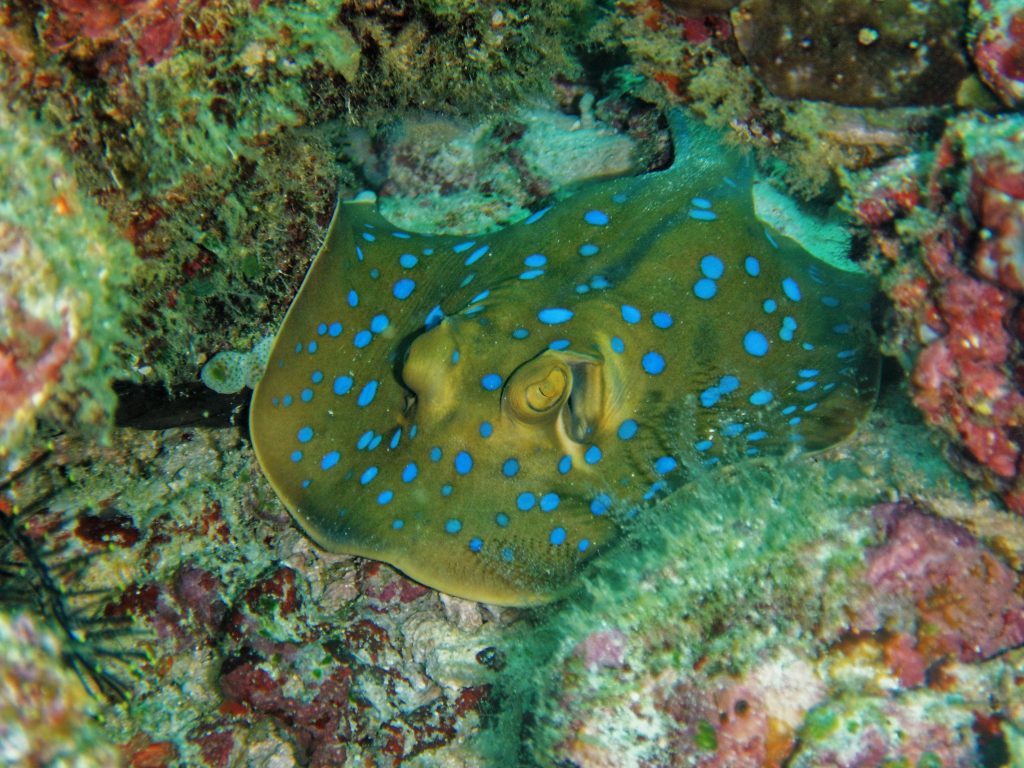
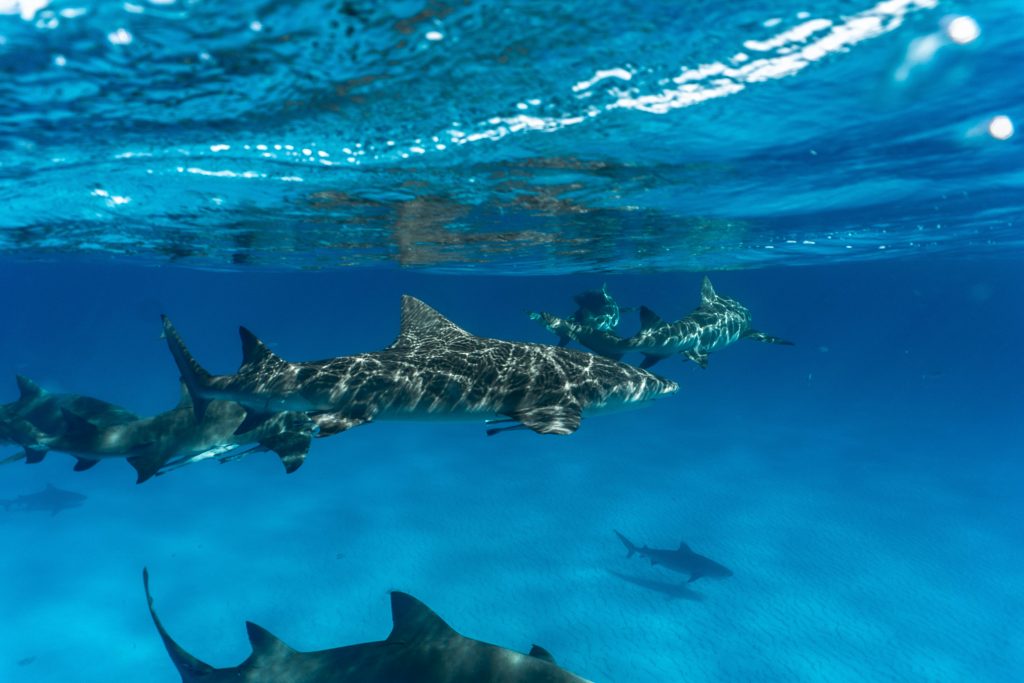
Another organization that works intimately with aquatic issues is Ocean Conservancy. This group tends to focus on long-term effects of their efforts to help sustain the ocean through tactics that “promote a healthy ocean, abundant wildlife and thriving coastal communities.” Although based in Washington DC, Ocean Conservancy is a global organization that aims to reach every location possible so that there is maximum effort being put towards this current vital issue. Ocean Conservancy strives to help create policies in advocacy for the ocean at state government levels as well as the federal level. Like the Save Our Seas Foundation, Ocean Conservancy also relies on heavy scientific research and aims to protect the oceanic wildlife that are struggling to adapt to the constantly growing effects of climate change.
Additionally, Ocean Conservancy has a lot of internal programs within the organization that deal with even more specific issues rather than just the entire ocean in general. Some of these include programs like Trash Free Seas, Restoring the Gulf of Mexico, Sustainable Fisheries, and Confronting Ocean Acidification, just to name a few. Their program entitled “Protecting the Arctic” serves to tackle the rapid warming of the Arctic since it’s now heating twice as quickly as the rest of the world. To help solve this issue, Ocean Conservancy has come up with a multitude of solutions. For example, to fight dangerous offshore drilling in the Arctic waters, Ocean Conservancy works to oppose new leases for oil and gas companies to expand this harmful practice. In addition, they are also working to make Arctic Ocean protection an international issue by writing up treaties, developing marine-protected networks, and ensuring “the best scientific information available to cultivate management plans for this remote and rapidly changing region.”
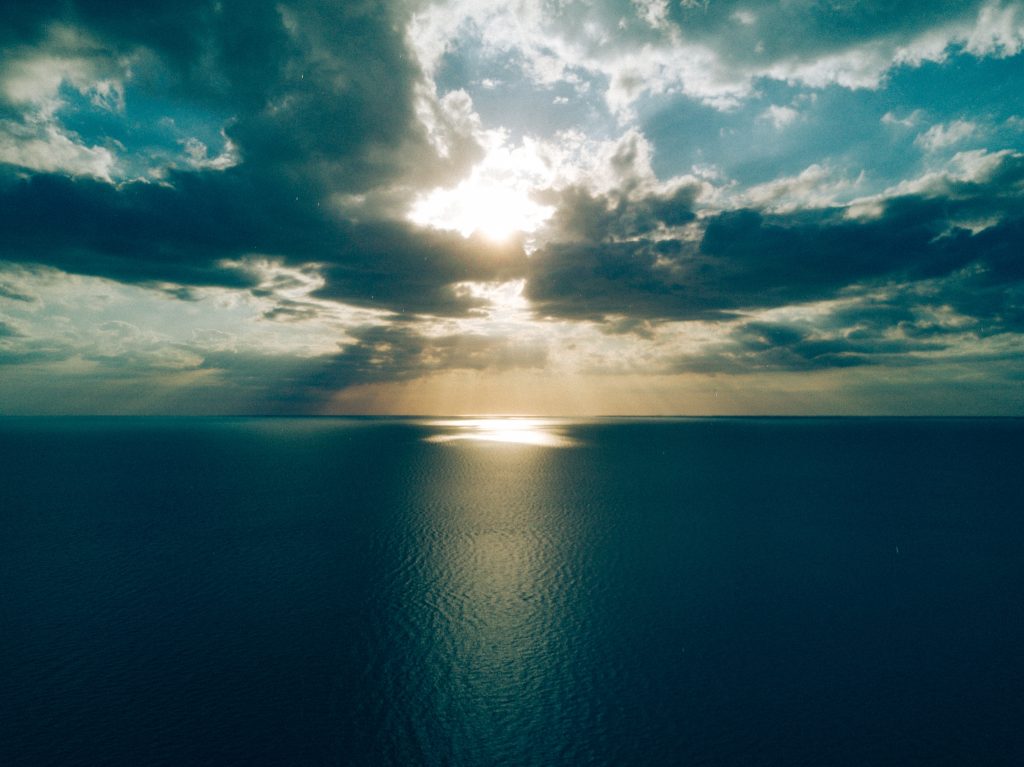
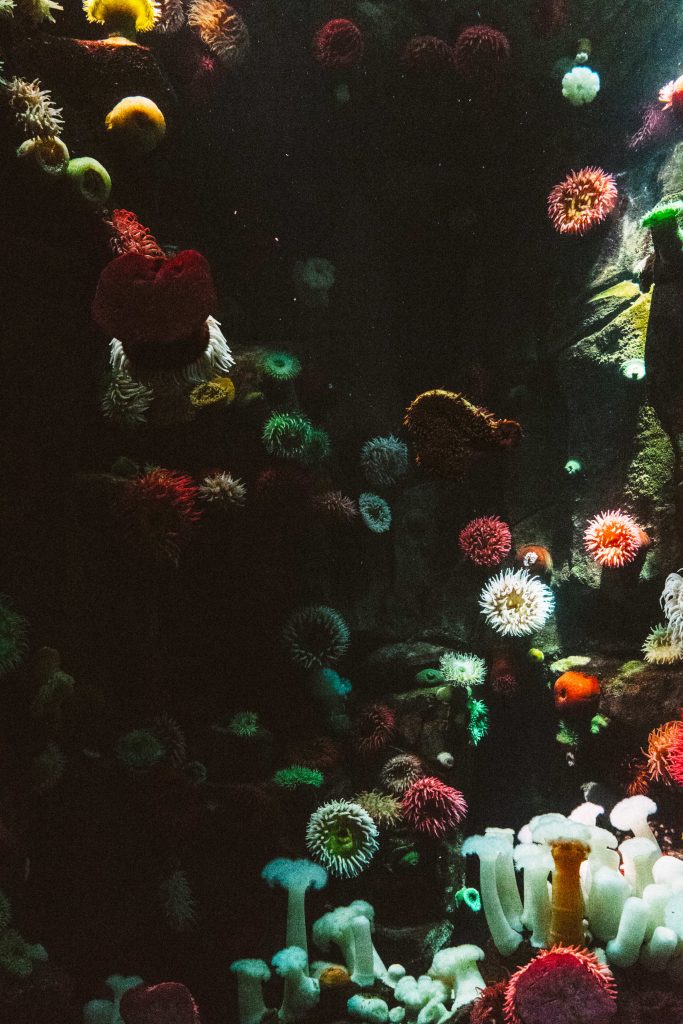
A smaller, yet just as thorough organization that also handles issues of ocean conservation and sustainability is the Surfrider Foundation. Founded in Malibu, California in 1984, The Surfrider Foundation has since grown from a small advocacy group to a large-scale activist organization that currently holds over 50,000 members and almost 100 chapters around the world. Unlike the previous two organizations I have just discussed, Surfrider tends to focus more on the ocean itself, like improving water quality, beach preservation, and beach access, rather than devoting most of their resources to aquatic wildlife. However, they do also work to maintain marine ecosystems, as well.
While Surfrider offers several programs to participate in, Rise Above Plastics stands as an extremely relevant project to undertake in our modern day and age. Although most people don’t think much of their personal plastic consumption, it’s estimated that the average person in North America uses at least 220 pounds of plastic each year, according to The Globalist. To combat this striking epidemic of un-biodegradable waste, the program Rise Above Plastics works to protect the marine environment by advocating for more recycling, reduction of one-time use plastics, and generally raising more awareness on the issue. And, in addition to working internally within the Surfrider Foundation on plastic pollution, Surfrider provides easily accessible tips and guides online that practically anyone could follow. It’s with this type of thoughtfulness and thoroughness that has allowed Surfrider to blossom into the foundation that it is today.
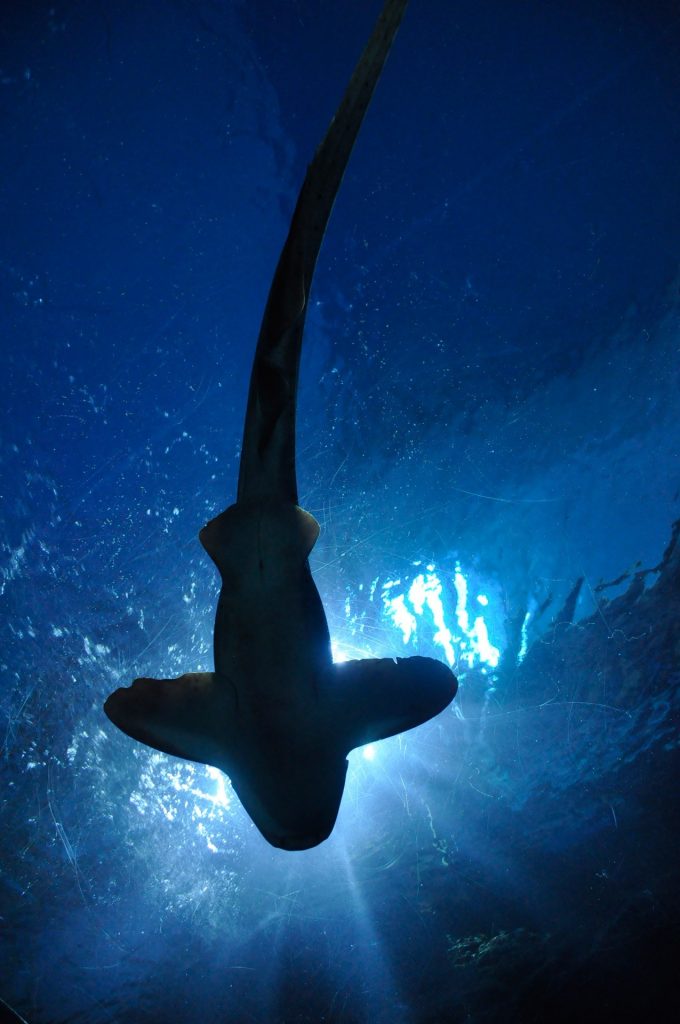
Finally, the more online-based organization, eco-nnect, works diligently to engage and educate users on the environment around them. The website is filled with articles, videos, and quizzes, as well as petitions pertaining to certain issues that anyone could support directly online through the use of external sites like Change.org. For example, the current petition listed on the organization’s site has 1,550 supporters as of now and is entitled “Ban Shark Fishing in the EU #bansharkmeat.” This petition listed by eco-nnect, like the other ocean conservation organizations previously mentioned, aims to protect the wildlife of the sea; more specifically, sharks. “Currently no EU country has any shark fishing regulation, or legislation advocating for transparency in regards to fish meat! So we started a petition,” as noted in the petition’s mission statement.
Although eco-nnect isn’t as well-known or as well-populated as some of the other organizations already mentioned, it serves as a great stepping stone for those who wish to gain more education on the environment before deciding to make any big moves. The articles on the site pertain to interesting and relevant topics for a young audience, which is essential to propel this conservation and sustainability movement forward. Additionally, the eco-nnect quizzes allow for an online interaction between the user and their thirst for environmental knowledge in a fun, light-hearted manner.
While of course there are a countless number of other organizations that could have made this list, it’s important to recognize a few in particular for their dedicated and passionate drive that has led to their fantastic environmental contributions. From the 300 projects supported by the Save Our Seas Foundation since its inception in 2003 to the programs led by Ocean Conservancy and Surfrider to the online presence of econnect, people all over the world can learn and participate in efforts to help protect the oceans and its ecosystems all thanks to devoted organizations like these.

